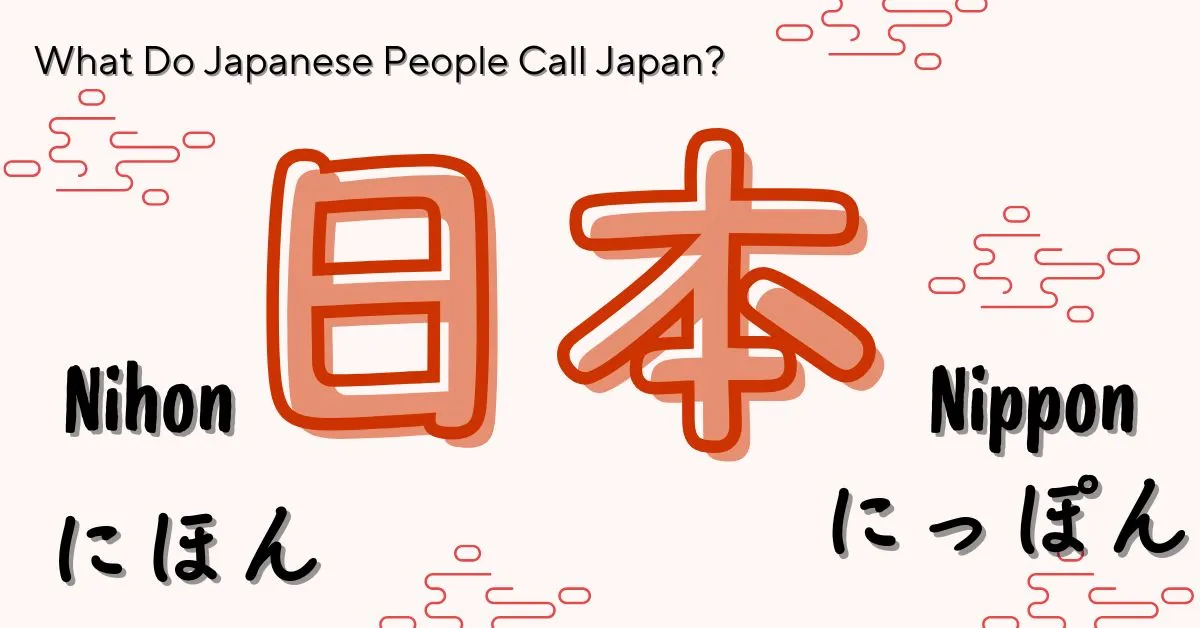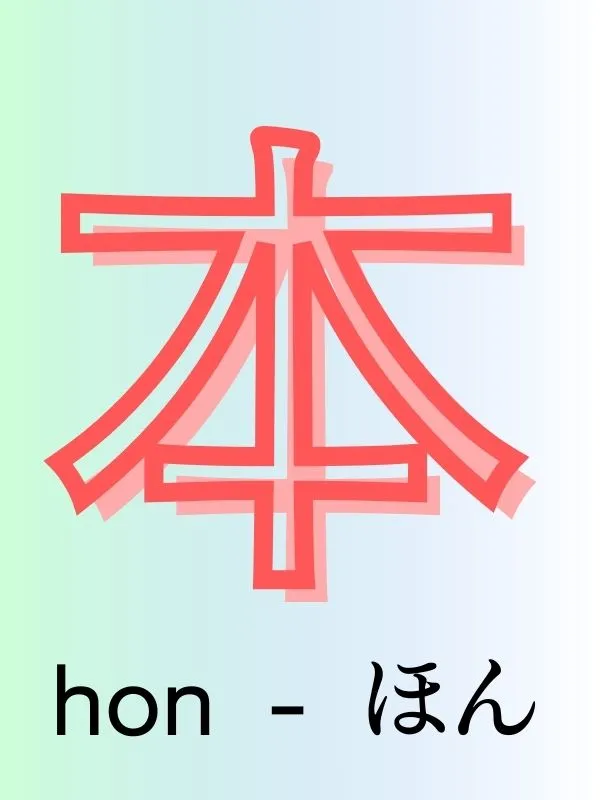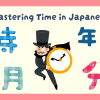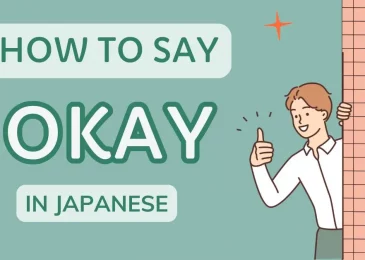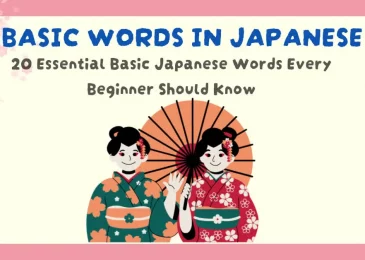- What is Japan Called in Japanese?
- Nihon vs. Nippon: What’s the Difference?
- How to Write “Japan” in Japanese?
- Why Should You Know “Nihon” and “Nippon”?
- Everyday Phrases with “Nihon” and “Nippon”
- Learn More Words and Kanji Easily with the MochiKanji App
- Conclusion
- FAQs
How to say “Japan” in Japanese?
What is Japan Called in Japanese?
How to say Japan in Japanese? In Japan, the country is called “Nihon” (日本) or “Nippon” (日本). Both terms have the same meaning, which is “origin of the sun,” reflecting Japan’s position to the east of the Asian continent, where the sun rises. However, they have subtle differences and specific contexts where one might be preferred over the other. This guide will delve into the differences between “Nihon” and “Nippon,” how to pronounce and write them, phrases that use these terms, and introduce you to more Japanese words and their pronunciations.
Nihon vs. Nippon: What’s the Difference?
- Pronunciation
Nihon (日本): This is the more commonly used term in everyday conversation and informal settings. It’s the standard pronunciation that most Japanese people use when talking about their country casually.
Nippon (日本): This is a more formal or traditional pronunciation. People use it in official contexts, such as in government speeches, national events, or international contexts. Besides, you will see the term “Nippon” on official documents and the national flag.
- Cultural and Contextual Use
Nihon is more casual and is the version used in daily conversations. Nippon has a more formal, ceremonial feel. It is often used during national events, sports competitions. It can evoke a sense of national pride and tradition. This is the older of the two pronunciations, and it is tied to the historical and cultural heritage of Japan. It’s often used in a nationalistic or patriotic context.
How to Write “Japan” in Japanese?
To write “Japan” in Japanese, you use the kanji 日本. This combination of characters has a deep cultural meaning.
The first character, 日 (pronounced “ni”), means “sun” or “day.” It symbolizes the sun, which is an important symbol in Japanese culture.
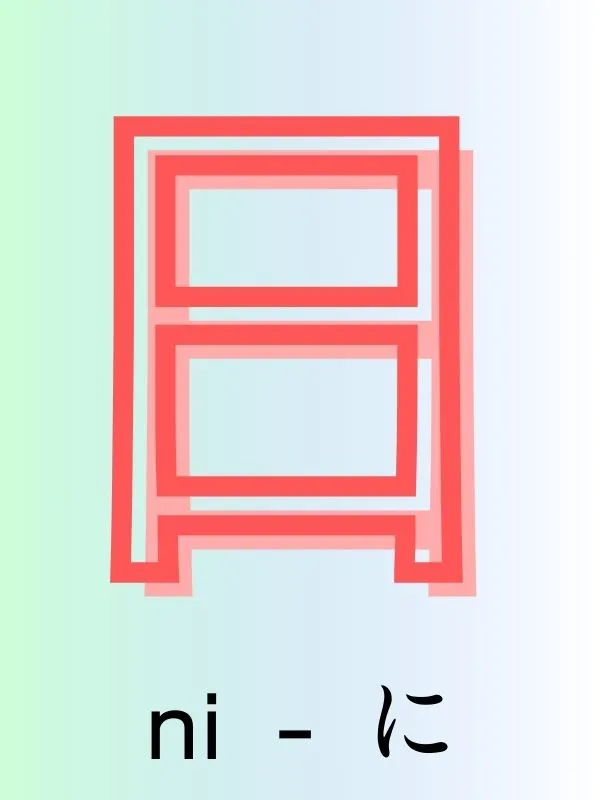
The second character, 本 (pronounced “hon”), means “origin” or “root.”
Together, 日本 (Nihon or Nippon) literally translates to “origin of the sun,” which reflects Japan’s geographical location to the east of the Asian continent, where the sun rises. The name carries both a poetic and historical significance, highlighting Japan’s position as the “land of the rising sun.”
If you were to write “Japan” in Hiragana, it would be にほん (Nihon) or にっぽん (Nippon). Hiragana is typically used for native Japanese words, and in this case, it’s more common for learners or children to use Hiragana for simplicity. However, in regular adult writing, Kanji is preferred for “Japan” since it conveys more meaning.
Why Should You Know “Nihon” and “Nippon”?
Knowing “Nihon” and “Nippon” is important for several reasons:
Cultural Understanding
“Nihon” is used in everyday conversation, while “Nippon” is more formal and tied to national pride or official events. Understanding when to use each term shows respect for Japanese culture and its distinctions between casual and formal language.
Contextual Use
“Nihon” is the common term you’ll hear in daily life, whereas “Nippon” is often used during national celebrations, government speeches, or sports events. Knowing both terms helps you adapt to different settings.
Language Fluency
Learning both “Nihon” and “Nippon” improves your language skills. It helps you understand the subtle differences in how Japanese people refer to their country in various contexts, boosting your listening and speaking comprehension.
In short, being familiar with both terms enhances your cultural awareness, helps you navigate formal and informal situations, and improves your understanding of the Japanese language.
Everyday Phrases with “Nihon” and “Nippon”
Using Nihon (日本):
- 日本へ行きたい (Nihon e ikitai) – I want to go to Japan.
- 日本は美しい国です (Nihon wa utsukushii kuni desu) – Japan is a beautiful country.
- 日本の食べ物が好きです (Nihon no tabemono ga suki desu) – I like Japanese food.
- 日本料理が好きです (Nihon ryouri ga suki desu) – I like Japanese cuisine.
- These sentences reflect everyday usage, where Nihon is commonly used in daily conversation or casual settings.
Using Nippon (日本)
- 日本国憲法 (Nippon-koku kenpou) – Constitution of Japan (this is the official name of the constitution, often used in legal or formal contexts).
- 日本代表 (Nippon Daihyou) – Japan’s representative (typically used in sports or international events to refer to Japan’s national teams).
- 日本銀行 (Nippon Ginkou) – Bank of Japan (the central bank of Japan).
- 日本賞 (Nippon-shou) – Japan Prize (a prestigious award for contributions to science and technology).
Learn More Words and Kanji Easily with the MochiKanji App
If you’re interested in expanding your Japanese vocabulary and improving your pronunciation, MochiKanji is a fantastic resource.
- Use Spaced Repetition
MochiKanji has a spaced repetition system (SRS) built in, which is key to memorizing kanji. Make sure to review cards regularly to reinforce your memory.
- Practice Writing Kanji
Writing kanji by hand can help with memorization better. MochiKanji offers Kanji writing exercises from N5 to N2, which helps you improve your writing skills.
- Interactive Lessons
Lessons that MochiKanji provides include audio pronunciations, helping you get the sounds just right. Engage with these interactive lessons teach you the basics of Japanese Kanji and vocabulary.
- Leverage Pronunciation Practice
Listen to native speakers and mimic their pronunciation. MochiKanji often includes audio clips for this purpose.
Get started with MochiKanji now and begin your journey towards becoming fluent in Japanese!
Conclusion
In conclusion, in Japanese, “How to say Japan in Japanese” can be answered with the terms Nihon (日本) and Nippon (日本). While both have the same meaning, Nihon is more commonly used in everyday conversations, whereas Nippon carries a more formal tone and is often used in official events, national holidays, or documents. Understanding and distinguishing between these two terms will help you communicate more naturally and gain a deeper understanding of Japan’s culture and history.
When learning Japanese, it’s important to practice consistently and immerse yourself in the language. The more you expose yourself to Japanese in different contexts, the more confident you will become in speaking and understanding it.
FAQs
How does Japan say Japan?
In Japan, the country is called Nihon (日本) or Nippon (日本). Both terms are used interchangeably, with “Nihon” being more common in casual conversation, while “Nippon” is often used in formal settings or patriotic contexts, such as in official documents, sports events, or international competitions.
What is Nihongo in Japanese?
Nihongo (日本語) refers to the Japanese language. The word breaks down as follows: “Nihon” (日本) means Japan, and “go” (語) means language. Together, they form “Nihongo,” which literally translates to “the language of Japan.”
How do you say Japan in Japanese hiragana?
In Hiragana, Japan is written as にほん (Nihon) or にっぽん (Nippon). However, Hiragana is usually only used for children or language learners, as the official way to write “Japan” is in Kanji: 日本.
How do you say Japan in Tokyo?
In Tokyo, as in all parts of Japan, people refer to the country as Nihon (日本) or Nippon (日本), depending on the context. The pronunciation and word usage do not change based on the region, including Tokyo.

